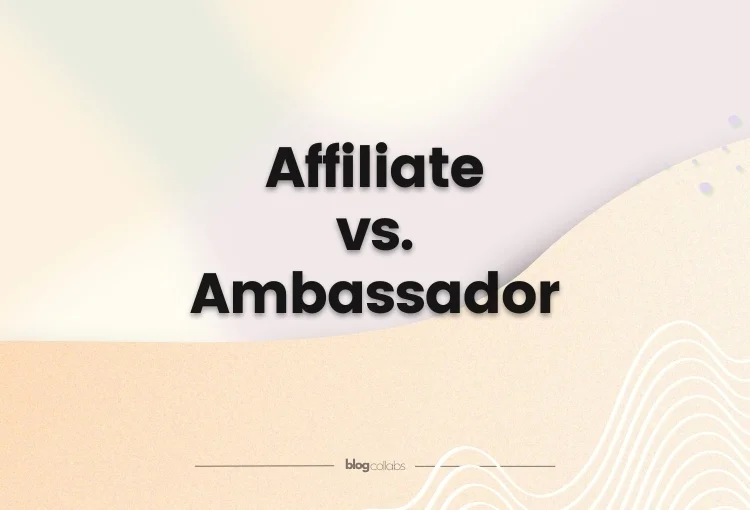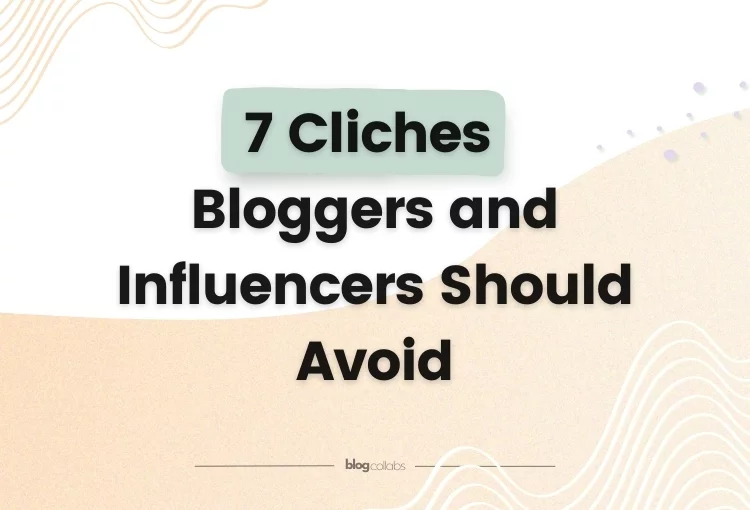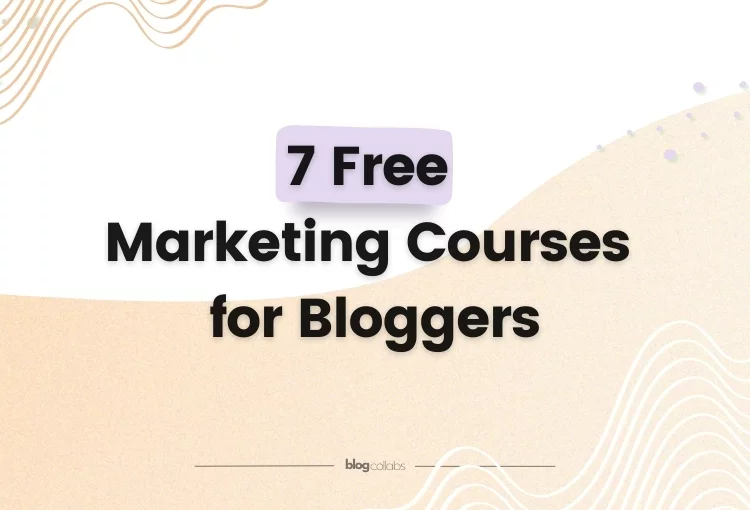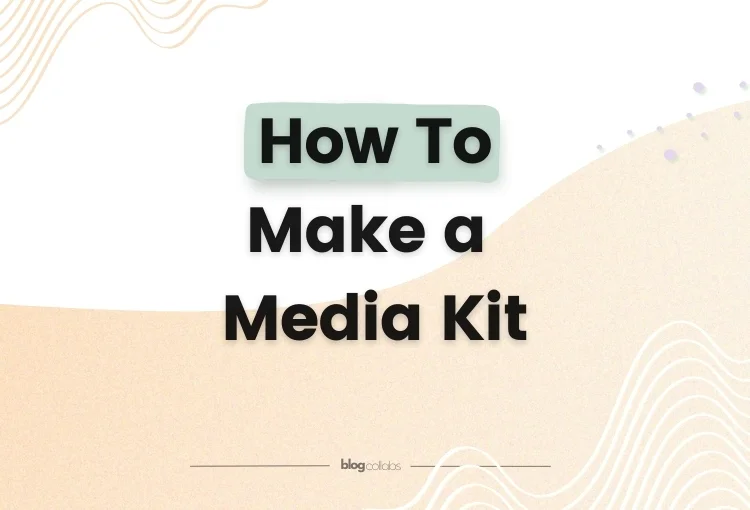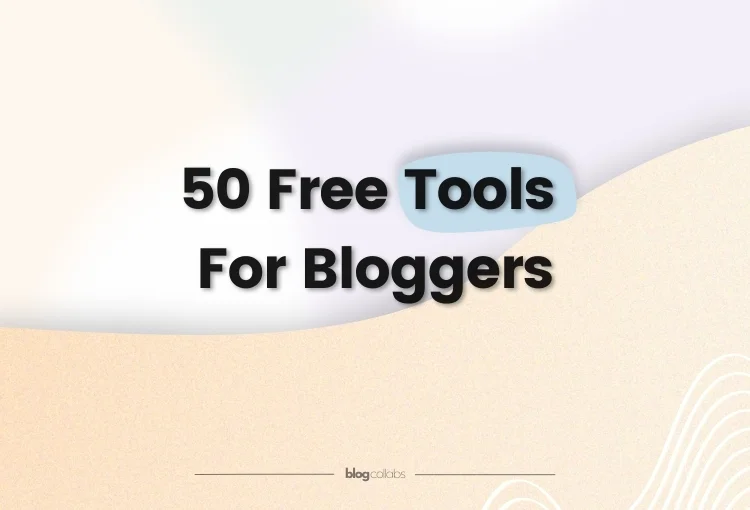Affiliate vs Ambassador: Which is Better for Your Brand?
Hey everyone. It’s us again, back with another helpful blog, this time about the differences between affiliate and ambassador marketing. While they both begin with the letter “A,” they’re not the same thing!
Confused?
Don’t worry: this article provides all the info you need. We look at the main differences between affiliates and ambassadors, the benefits of using them, and why you might emphasise one over the other.
So, without any further ado, let’s begin!
Difference Between Affiliate and Ambassador
Affiliates and ambassadors appear to do the same thing. And, to be fair, most companies use both. But when you probe more deeply, they have different roles and objectives.
Affiliate marketers promote your products and services and receive a commission in return. In short, you pay them every time they source a lead that converts.
Ambassadors are different. Usually, you hire these individuals to promote your brand or products, whether they sell or not. Whereas affiliates rely on digital tools to generate commission, ambassadors are more active.
You can think of an ambassador as someone who embodies your brand, values, and what you stand for. These individuals often advertise the lifestyle associated with your products, often on social media.
Furthermore, some will promote you without you paying them anything. They just love what you do!
Affiliates aren’t like this. Most won’t go online and extol your virtues. Instead, they focus more on building review websites, links, and content encouraging audiences to explore your products.
Benefits of Using Affiliates for Your Brand
The benefits of affiliates for your brand can be substantial. Working with these professionals offers numerous advantages that aren’t available through other advertising channels.
Lower Costs
One aspect of affiliate marketing we like is the value for money it offers. Unlike Google Ads, you don’t pay for it upfront: affiliates only get paid when they make a sale.
This approach means you can take the risk out of marketing. If the affiliate doesn’t sell anything, it doesn’t impact you financially. And if they do start selling, it means more revenue for you. It’s a win-win.
Furthermore, finding affiliates is dirt cheap. Usually, companies plug into existing networks to find people willing to work with them and place links on their sites and social media pages.
Easy To Scale
Affiliates also offer another benefit – easy scaling. You can keep adding them to tap into new markets.
For instance, say you want to sell more dehumidifiers through your online store. If you already have an affiliate marketer who covers homewares, you can easily find another ten who can market your products in the same niche.
Affiliates also span the globe, offering worldwide reach. You can target websites in North America, Europe, India, China and beyond. Someone will always be willing to add your affiliate links and content to their site.
Performance Tracking
Performance tracking is another benefit of affiliate marketing we love. You can see the strategies affiliates are using to drive sales and leads. This eliminates guesswork, helping you advise new affiliates and your sales team.
Greater Trust
Lastly, we’re fans of affiliate marketing because of its ability to build trust.
Granted, it’s not quite social proof (reviews and testimonials). But it is still a third-party recommendation. And that can be highly persuasive for some consumers.
Advantages of Brand Ambassadors
Brand ambassadors differ from affiliates (as you will discover when you start using them!) Affiliates can provide a significant push for sales. But if you get your choice of ambassadors right, they can shoot you to the moon.
More Authentic Promotion
For example, affiliate marketing offers some social proof advantages over conventional ads. But it doesn’t come close to the impact brand ambassadors can have. These personalities often generate genuine connections with your audience, building deeper trust and rapport to encourage sales.
Furthermore, they don’t come across as wooden or clinical (like most corporate marketing does). Instead, they have real stories that your audience resonates with.
Greater Brand Awareness
Furthermore, many brand ambassadors and influencers have bigger audiences than affiliate marketers (who keep their personalities out of it). Sometimes, leading figures in their field have millions of people following them, representing a massive opportunity for you.
At Blog Collabs, we also like how you can choose ambassadors with similar audiences. Matching demographics lets you target hot leads (and avoid wasting time on consumers disinterested in your products).
Digital Word-Of-Mouth Marketing
Brand ambassadors also foster word-of-mouth marketing, one of the most powerful strategies to get people to buy from you (as any brick-and-mortar entrepreneur will tell you). Promotion feels more organic because your ambassadors inform your leads what they think about you face-to-face.
When this process goes well, it can make content go viral. Ambassadors showing off products and services can get around social media quickly, drawing even more people to your brand.
Better Branded Storytelling
Lastly, branded ambassadors are often better at telling stories than your marketing department. (Sorry, but we’re just being honest!) That’s because they create oodles of relatable content that makes consumers feel like close friends or confidantes.
If you can get multiple ambassadors saying the same thing, your story will become even more compelling. Consumers will keep getting the same message about your products and services, encouraging them to try them out. No wonder 52% of brands are already using them!
Choosing Between Affiliates and Ambassadors: How to Decide What’s Best for Your Brand
You don’t always have to choose between affiliates and ambassadors. Both could work for you.
However, some companies lean more in one direction than the other.
The question is, which way should you tilt?
Fortunately, this section is here to help you find out. It discusses the factors that tell you if you should lean into affiliates, brand ambassadors, or both in marketing campaigns.
Your Goals
Your marketing campaign’s goals can sometimes play a role when choosing between affiliates and brand ambassadors.
If the idea is to drive as many sales as possible and in a short space of time, affiliates are effective. That’s because they have a more transactional relationship with you and care more about trackable conversions than building rapport with your audience.
By contrast, ambassadors might be the better choice to raise awareness and enhance credibility. These influencers can build long-term relationships with your audience and contribute to brand value through storytelling and personal engagement with your audience.
Your Audience
Who you want to sell to is another consideration when choosing who to work with.
Ambassadors are often more suitable when your goal is to target a specific niche. These partners build rapport with their audiences, creating more authentic and longer-lasting connections.
Affiliates are better for getting your products and services in front of a broader cohort. Tapping into their established networks lets you reach thousands or millions of people quickly.
Your Budget
Also, consider your budget when making this decision. Affiliates are the best option operating on a shoestring while ambassadors are the better if you want to promote yourself long-term.
You don’t have to spend all your marketing dollars on one type of influencer or the other. Splitting your budget between both lets you experiment and see what works for you. Most brands do a little of each to start and then adjust their spending based on results.
Your Long-term Strategy
Where you see your brand in five years is another critical consideration when choosing between affiliate marketing or brand ambassador campaigns. If you are providing a service for now but plan to scale back in the future, the former is the better option. (You don’t want to start building brand ambassador relationships, only to close down your business after all that time and investment).
Similarly, brand ambassadors can work better if you think you’ll be around for a long time. It doesn’t matter so much if you invest in them because you know there will always be a return later on.
Your Desired Engagement Level
Lastly, think about the engagement level your products receive.
Ambassadors are an option if people love your brand and want what you sell. These partners can hype your services and get leads obsessed with your products, new releases and technology.
Meanwhile, affiliates are usually the better choice when you sell products people have to buy (or even begrudge buying). Their role is to foster conversions instead of building loyal followings. Getting customers over the line is what counts!
How To Decide Which To Use
So, those are the main factors determining whether affiliates or ambassadors are better for your brand. We know it’s a lot to take in! But don’t worry if you can’t decide which one to go with just yet – this section can help.
Our experience shows most companies start with a combination approach (just like you’d use pay-per-click (PPC) and SEO to drive traffic to your website). After a few weeks of experimenting, you should notice a pattern emerging: affiliates driving sales and brand ambassadors building communities.
As the months pass, test and adjust your strategy and see if you can get better results. For example, you could notice clients come from your ambassadors because they love your service, mission or something else about your brand. Here, you could measure your return on investment (ROI) to justify additional spending on these campaigns.
Over time, you should also sense which approach works best for your brand values. Affiliate marketers are ideal if you are looking to shift volume while brand ambassadors are superior for differentiating yourself from the competition.
Successful Examples of Affiliate Programs
That’s the theory out of the way. Now it’s time to look at what works in practice. Here are some examples of successful affiliate programs we love (and why they are so effective).
Amazon
Amazon’s affiliate program is the biggest in the world. The e-commerce platform uses it to drive consumers to its pages and encourage them to buy.
Amazon’s affiliate program rocks because:
- Affiliates can earn large commissions (up to 10%)
- Affiliates can link from multiple platforms, including review sites and social media
- Affiliates can earn commission on the shopper’s entire cart (not just the linked item)
- Affiliates can promote almost any product in existence (because Amazon stocks so many SKUs)
Sprocket
Sprocket is a drop-shipping service partnering with thousands of wholesalers across North America and the EU. The company makes it simple for sellers to connect their online stores and start making money.
We like this program because:
- Affiliates get massive commissions (up to 30% on some schemes)
- Affiliates get priority support
- Monthly challenges gamify the affiliate experience
- Affiliates can track sales on custom dashboards and view their earnings
Fiverr
Fiverr is another well-known brand with a top-rated affiliate marketing scheme. The site uses its partner network to drive freelancers and clients to its site and encourage them to sign up.
Fiverr’s affiliate marketing is successful because:
- Affiliates get paid via a method of their choice.
- Lifetime commission is available
- Some affiliates can qualify for seasonable bonuses
- Fiverr provides marketing materials to help affiliates reach out to their audiences more effectively
BigCommerce
BigCommerce is an ecommerce platform that uses affiliates to encourage more businesses to sign up for its services. The company has been enormously successful over the past few years, thanks to its focus on building successful partnerships.
We like BigCommerce’s affiliate marketing program because:
- Affiliates get a 200% bonus on commission for the first month they subscribe
- BigCommerce pays a massive $1,500 per enterprise purchase
- Top affiliates can earn bonus commission
- Affiliates can benefit from pre-made marketing materials
Airbnb
Finally, Airbnb is another company that leveraged affiliates in the past. The short-term holiday rental platform used partners to encourage hosts and holidaymakers to sign up for its site.
We liked Airbnb’s program because:
- Affiliates could target hosts or guests
- Affiliates could promote hundreds of Airbnb properties across any country in the world
- Testing was in place to prevent subpar affiliates from misrepresenting the brand
- Affiliates clearly understood their role and how they should reach out to audiences
Effective Brand Ambassador Campaigns
Brand ambassador campaigns are a different animal. These don’t supercharge sales immediately. But over time, they can have a profound impact.
Gymshark
Gymshark – the now-famous athleisure brand – is the proud owner of one of history’s most effective brand ambassador campaigns. It figured out how to use this marketing method way back in 2012!
The company started the project by reaching out to people on social media who enjoyed wearing its clothes while exercising. Eventually, it connected with Nikki Blackketter, a fitness influencer, to model the brand’s lines.
The project was successful because:
- Gymshark was one of the first companies to experiment with using brand ambassadors
- The people wearing its products loved and believed in them (and this came across in their content)
- Gymshark chose influencers with the same vision and values
Chipotle
Chipotle is another brand that understands the power of brand ambassadors. The Mexican fast-food chain regularly works with influencers on various projects and skits to promote its food. (It recently released a “corn kid” TikTok video that went viral).
Chipotle’s ambassador campaigns are successful because the company taps into existing virality. It knows who’s popular on social media and targets them for partnerships.
The brand also maintains TikTok communities (the fastest-growing social media channel among its customers). So-called “FoodTok” enthusiasts share videos of their meals, including their experiences at Chipotle, encouraging other users to give it a try.
Bumble
Bumble also provides an example of how to run a brand ambassador campaign successfully. The company, which focuses on matchmaking and dating, created a stir with its “Bumble Honeys” in 2014 (and is still making waves today).
The idea is simple: find undergraduate college students in the U.S. to fight misogyny and encourage safe and equal relationships on campus. Then, get them to promote their ideas on social media while mentioning the Bumble app.
We like this campaign because it focuses more on community. Many Bumble Honeys didn’t have large audiences (particularly when they started). But they still managed to spread the word about the app and the standards it employs.
The campaign also represented a commitment to a good cause. Everyone wants relationships to be more loving, safe, and equal.
Red Bull
Finally, Red Bull started in 1987 on a mission to bring caffeinated beverages to the masses. And, to a significant extent, it succeeded. The company now sells its products all over the world, earning billions in revenue annually.
However, the drinks brand only achieved this because of its innovative marketing. The company has always been at the forefront of the latest trends, from reaching out on social media to experiential branding.
Red Bull’s brand ambassador program stands out to us because of how it treats its ambassadors. It doesn’t just sign them up for its scheme: it actually provides them with careers! It’s loyal to the people who promote its brand, right out of college and sponsors ambassadors with sporting opportunities, commissions, and networking opportunities. (If only every company was like this!)
If you’d like to sign up influencers and start your dream brand ambassador campaign, start your journey with Blog Collabs today!
